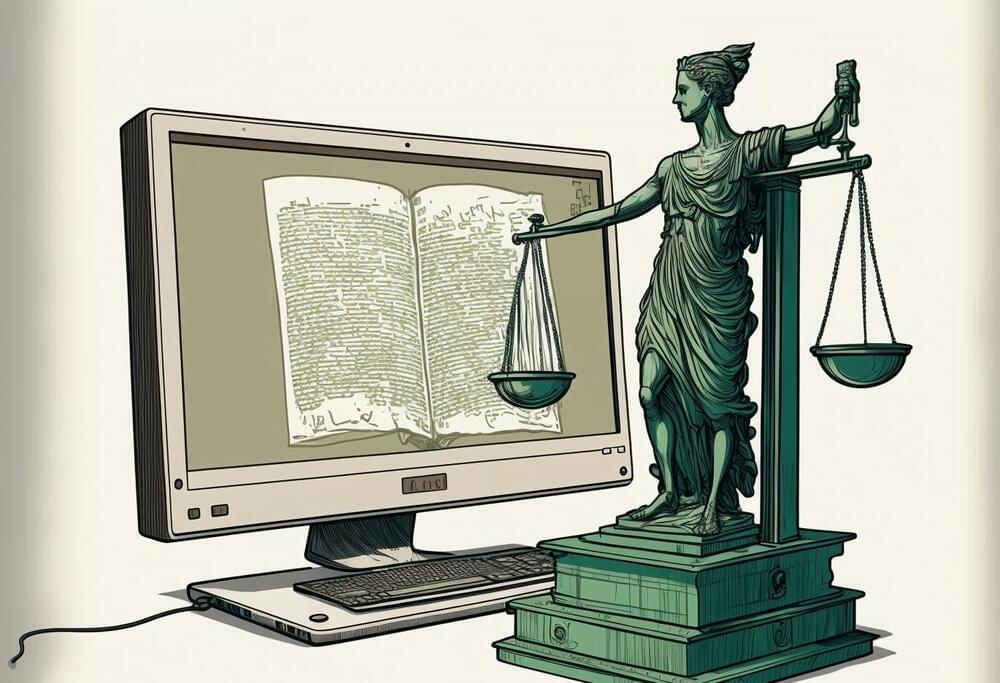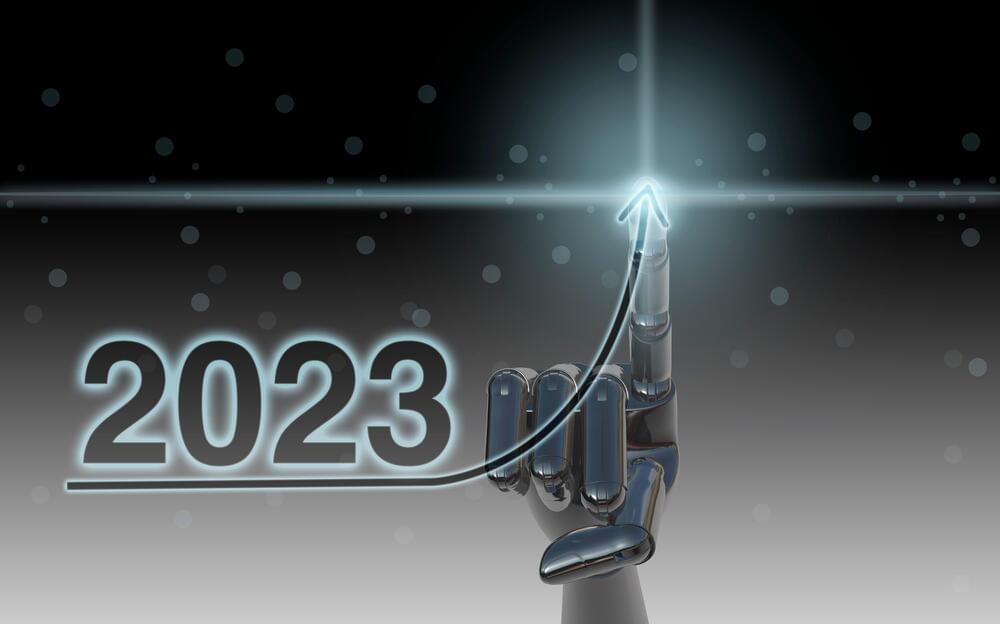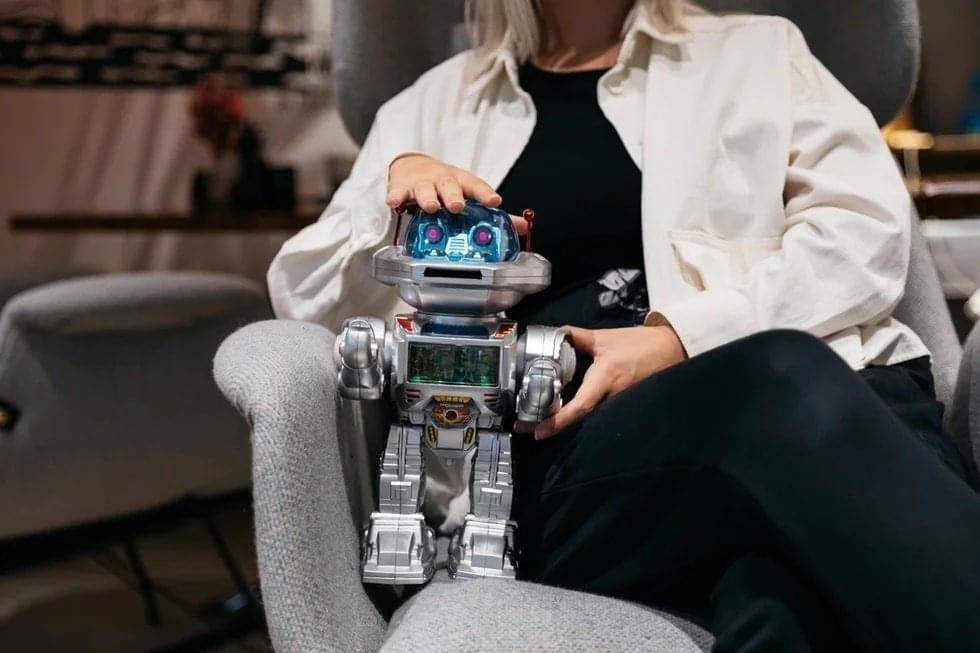In this #webinar, Dr Vincenzo Sorrentino from the Department of Biochemistry and Healthy Longevity Translational Research Programme at the Yong Loo Lin School of Medicine, shared about his research on the relationship between metabolism, nutrition and proteostasis and their impact on health and ageing, and engaged in discussion about the role of mitochondrial proteostasis in ageing and related diseases.
Register for upcoming #HealthyLongevity #webinar sessions at https://nus-sg.zoom.us/webinar/register/7916395807744/WN__sypkX6ZSomc7cGAkK3LbA
#NUSMedicine #webinarseries.
References:
Closing video source: https://www.youtube.com/watch?v=sycgL3Qg_Ak.
Disclaimer: The opinions and advice expressed in this webinar are those of the speakers and do not represent the views and opinions of the organizers and National University of Singapore or any of its subsidiaries or affiliates. The information provided in this webinar is for general information purposes only as part of a general discussion on public health. The information is not intended to be a substitute for professional medical advice, diagnoses or treatment; and cannot be relied on in place of consultation with your licensed healthcare provider. All Rights Reserved.
All of the proceedings of this webinar, including the presentation of scientific papers, are intended for limited publication only, and all property rights in the material presented, including common-law copyright, are expressly reserved to the speaker or NUS. No statement or presentation made is to be regarded as dedicated to the public domain.






